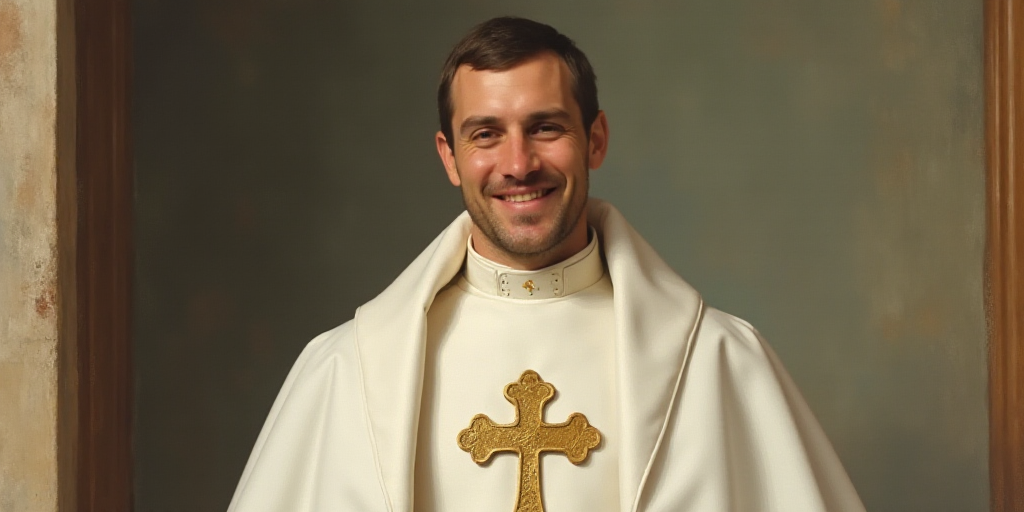Introduction
The process of selecting a new pope after the resignation or death of an incumbent is a fascinating blend of tradition, secrecy, and spiritual significance. With Pope Francis having served since 2013, speculation has begun regarding who might succeed him. This article explores potential candidates and the factors that could influence their selection.
Understanding the Conclave
The term “conclave” refers to the secret meeting of cardinals within the Vatican, where they cast their votes to elect a new pope. This process is steeped in history and tradition, with the first conclave taking place in 1268. The current rules and procedures have evolved over centuries, ensuring a fair and secretive process to select the leader of the world’s 1.3 billion Catholics.
Key Factors in Papal Elections
- Age: Catholic cardinals must be under 80 years old to participate in a conclave. This ensures that the electors are active and engaged in the Church’s current affairs.
- Geographical Representation: The College of Cardinals aims to balance geographic representation, ensuring that various regions and continents are considered in the selection process.
- Theological Alignment: While not an explicit requirement, a candidate’s theological views and adherence to Catholic doctrine play a significant role in their viability.
Potential Candidates
Several prominent cardinals have been mentioned as potential successors to Pope Francis. Here, we examine a few notable figures and their backgrounds:
Cardinal Giuseppe Betori (Italy)
Archbishop of Bologna: Cardinal Betori, 75, is a prominent Italian prelate known for his strong stance on social justice issues. He has been a vocal advocate for the poor and marginalized, aligning with Pope Francis’s emphasis on mercy and compassion.
Cardinal Peter Turkson (Ghana)
Prefect of the Dicastery for Promoting Integral Human Development: Cardinal Turkson, 72, is the first African to hold a position in the Roman Curia. He has been a strong proponent of social justice, environmental protection, and integral human development. His potential election would mark a significant milestone for global representation within the Church.
Cardinal Luis Antonio Tagle (Philippines)
Prefect of the Congregation for the Evangelization of Peoples: Cardinal Tagle, 63, is known for his dynamic preaching style and commitment to evangelization. His Filipino background and charismatic personality have endeared him to many within the Church, making him a strong contender for the papacy.
Impact on the Catholic Church
The selection of a new pope has far-reaching implications for the Catholic Church and its 1.3 billion followers worldwide. A new leader can shape the Church’s priorities, influence its doctrinal stance, and impact global relations. The election process ensures that the chosen candidate has the support and respect of the College of Cardinals, fostering unity within the Church.
Key Questions and Answers
- Who can participate in a papal conclave? Only cardinals under the age of 80 are eligible to vote in a papal conclave.
- What factors influence the selection of a new pope? Age, geographical representation, and theological alignment are crucial considerations in the selection process.
- What makes a potential candidate stand out? A strong commitment to social justice, adherence to Catholic doctrine, and global representation can make a candidate more appealing.






